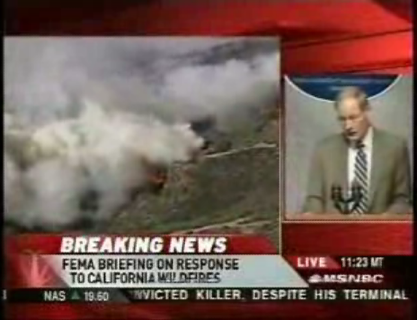Do you remember when the Surgeon General's warning appeared on cigarette packs, and everyone stopped smoking? Or when nutritional information was added to food packaging, and everyone stopped eating sugary snacks? Neither do I.
Yet lawyers and lobbyists for the Radio-Television News Directors Association (RTNDA) insist that mounting pressure to disclose fake news "already has begun to drastically chill speech in newsrooms across the country, inhibiting broadcasters and cablecasters from fully serving their viewers."
That claim is made in RTNDA's new filing (PDF) with the Federal Communications Commission (FCC). The broadcasters' group is urging the FCC to stop considering fines for undisclosed video news releases (VNRs). The FCC has proposed fines totaling $20,000 against Comcast, for its cable channel CN8 having aired five VNRs — public relations videos designed to look like news reports — without disclosure.
The FCC fines are an important first step in ensuring news viewers' right to know. But rather than roll up its metaphoric sleeves and address the impact of VNRs on television news, RTNDA is lobbying against any FCC action.

 The
The  The U.S.
The U.S.